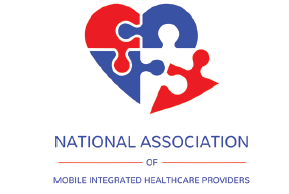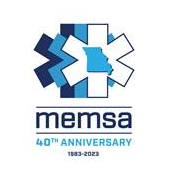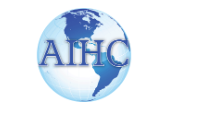July 5, 2023
Take an Integrated Approach to Prevent Medication Errors
The American Institute of Healthcare Compliance (AIHC) strives to promote compliance and ethics as an approach to improve quality of care. According to a 2023 article published in the National Library of Medicine Medication Dispensing Errors and Prevention, “Each year, in the United States alone, 7,000 to 9,000 people die as a result of a medication error. Additionally, hundreds of thousands of other patients experience but often do not report an adverse reaction or other medication complications. The total cost of looking after patients with medication-associated errors exceeds $40 billion each year.”
Medication errors can occur during various steps in patient care, from ordering the medication to the time when the patient is administered the drug. This news article is focused on increasing awareness and encouraging prescribing providers to take action through an integrated approach.
The Agency for Healthcare Research and Quality (AHRQ) research demonstrates using the Universal Medication Schedule (UMS) can make patient medicine instructions easier to understand resulting in fewer medication errors. Free resources are available:
- Tools for Pharmacists – visit the AHRQ Pharmacy Health Literacy Center for health literacy tools available for free.
- Universal Precautions Toolkit – AHRQ Health Literacy Universal Precautions Toolkit.
- More information from AHRQ – Explicit and Standardized Prescription Medicine Instructions
Addressing how to improve patient confusion on when and how to take medication, NIH states medication errors are most common at the ordering or prescribing stage; “Typical errors include the healthcare provider writing the wrong medication, the wrong route or dose, or the wrong frequency. These ordering errors account for almost 50% of medication errors. Data show that nurses and pharmacists identify anywhere from 30% to 70% of medication-ordering errors. It is obvious that medication errors are a pervasive problem, but the problem is preventable in most cases.”
Training non-licensed staff performing computerized order entry prescription functions is an important step your organization can take. Does your organization delegates entry of medical orders to non-licensed or staff trained to catch medication-ordering errors?
Quality controls help elevate the care at your healthcare organization from adequate to excellent. When patients are referred to your facility, you can promote your quality assurance programs that put a premium on patient and worker safety and optimize the effectiveness of treatment.
- Online Training Option – Computerized Physician Order Entry program trains and certifies medical office assistants. Included in the low-cost $295 tuition is Essentials of Pharmacology for Health Professions 9th Edition Textbook. Certification is optional for a small exam fee.
Internal Ways to Monitor Quality & Compliance
Quality, RCA & the 8D Approach – a short course online
The 8D problem-solving process is best known as the 8 Disciplines and used to solve major, critical, chronic, and recurring problems. This short course introduces the 8D approach which provides a better understanding of Root Cause Analysis (RCA) and how to use basic tools required for problem-solving in a health care setting. This course is recommended for all health care supervisors, managers, C-Suite Executives, Directors, Auditors, Investigators and Compliance Officers. Download the information packet – register online.
Learn more about RCA – an online certification program
Auditing for Compliance course is recommended for Veterans Administration, Government auditors, Practice Administrators, Office Managers, Supervisors, Medical Coders and Billers, Compliance and HIPAA Officers, Executives, and Administrators involved in auditing procedures, compliance, or records. Download the information packet – register online.







